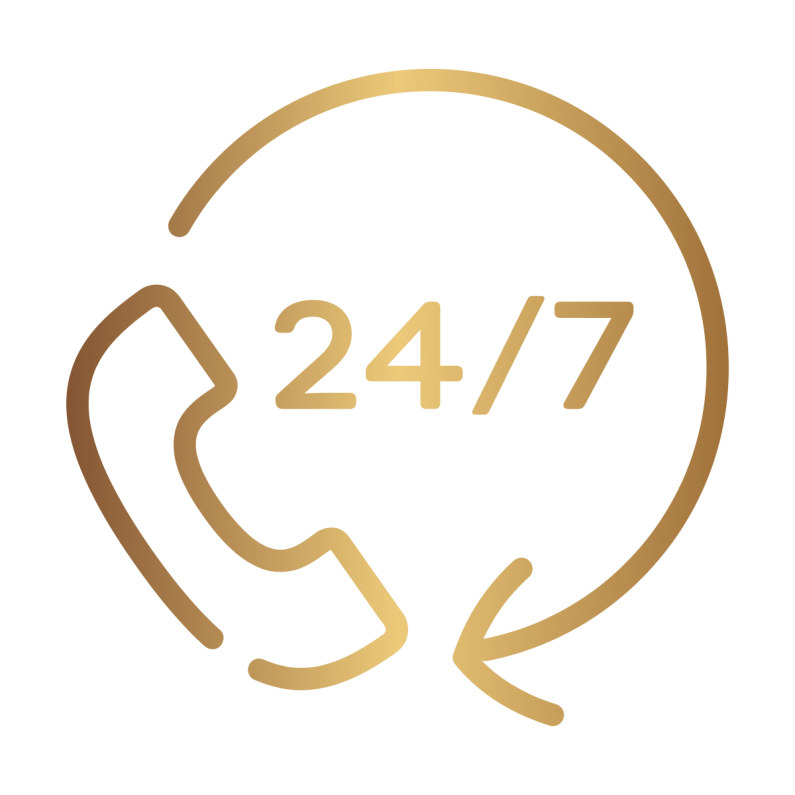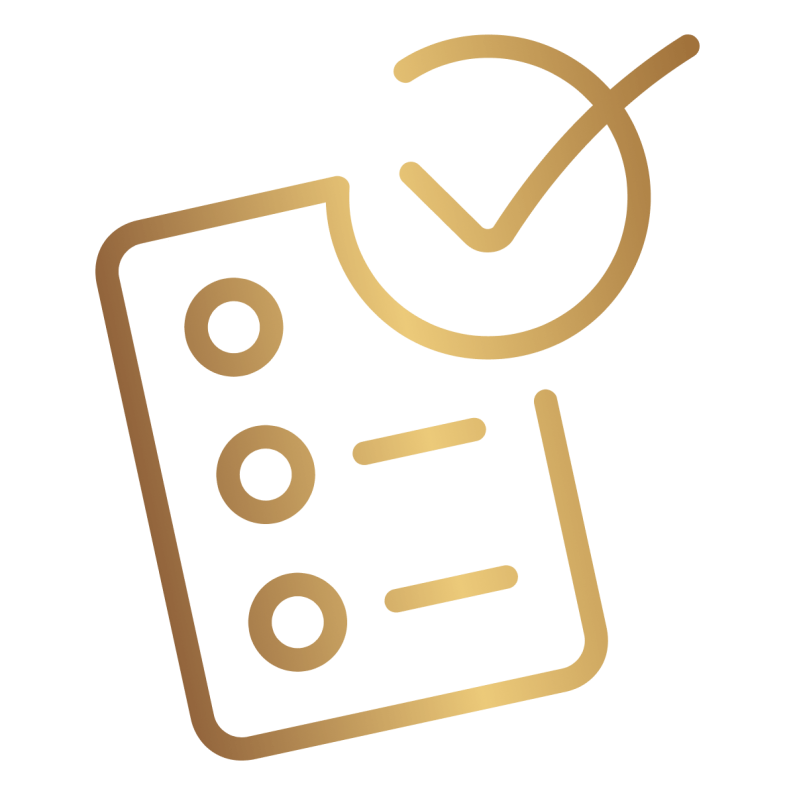Breadcrumb
- Home
- First Trimester
Week by week guide
×








You left smababy... click here to return

You left lsbaby... click here to return

Week by week guide

